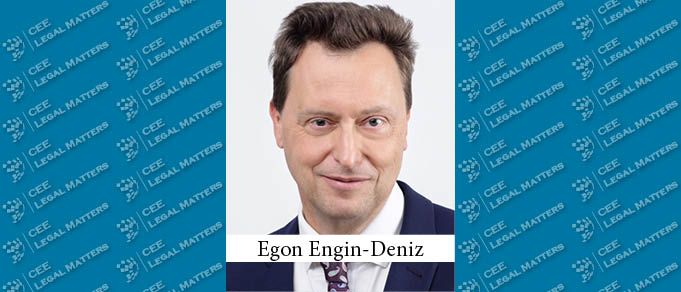In a recent case involving parallel-imported agrochemical products, the District Court of The Hague ruled that non-compliance with the requirements laid down by the European Court of Justice (CJEU) for parallel import of relabelled products displaying the original right-holder’s trademark constitutes trademark infringement, particularly if the right-holder is not properly notified of the parallel import and is not offered a sample of the relabelled product on request. This decision shows that the requirements for parallel import are applied strictly by the courts and have a broad scope (not limited to pharmaceutical products), allowing the mark-holder to exercise control over the resale, re-labelling, and re-packaging of its original products within the EU.
Background
Under Article 15 of Regulation 2017/1001 and Article 15 of Directive 2015/2436, a trademark owner cannot oppose the use of its trademark by third parties for goods that were put on the EU market either by the trademark owner or with its consent. Consequently, a parallel importer can purchase the (original) goods of the trademark owner in one EU member state and resell them in another EU member state. The rights of the trademark owner are considered “exhausted.” However, the trademark owner can oppose this use of its trademark and parallel import, provided there are “legitimate reasons” for doing so. This is particularly the case where the condition of the goods is changed or impaired.
The Judgement
In the particular case described above, the defendant company sold agricultural fungicides which had been previously imported from another European country. The company had been granted a parallel permit for the product but relabelled it because of the different language and regulatory requirements. The products nevertheless still contained various trademarks from the trademark owner’s company after re-labelling. The defendant company did not notify the trademark owner prior to the import though, and despite several warning letters, denied any obligation to notify and to send a sample of the relabelled product upon request. The defendant company claimed that the trademark owner’s company had sufficient knowledge of the imports and the CJEU’s repackaging conditions applied only to pharmaceuticals.
In its judgement, the District Court of The Hague rejected the claim that the CJEU’s repacking conditions and related EU case law applied exclusively to pharmaceutical products. As both pharmaceutical and plant protection products are in a very sensitive area of products – one in which the public is extremely demanding with respect to quality and integrity – the Court held that the CJEU’s repacking conditions apply to both product categories. In addition, the District Court held that because both kinds of products can be potentially harmful, the applicable use instructions, dosages, and warnings on and in the packaging are of major importance. The District Court also stated that the specific subject-matter of a mark is to guarantee the origin of the product bearing that mark, and that relabelling products simply as repackaging by a third party without the authorization of the proprietor is likely to create real risks for that guarantee.
Conclusion
While parallel imports normally are covered by the principle of “free movements of goods,” The Hague District Court made it clear that the continuous use of the original right-holder’s trademark imposes certain obligations on the parallel importer in the context of re-packaged/relabelled agrochemicals, hereby following the principles set up by the CJEU indicated above. The court pointed out that all CJEU repackaging conditions have to be met, namely a prior notification to the right holder, the provision of a sample of the relabelled product upon request, no defective, poor-quality, or untidy re-labelling (or re-packaging), and no (negative) effect of the re-packing and/or re-labelling on the original condition of the product. Following this case, a trademark owner can also take proper action against parallel imports for plant protection products which do not comply with the CJEU repackaging conditions. At the same time, parallel importers who aim to comply with these conditions should have and will have no issues with the trademark owner.
By Egon Engin-Deniz, Partner, CMS Vienna, Rogier de Vrey, Partner, CMS Amsterdam, Filip de Corte, Head of IP Crop Protection, Syngenta, and Joachim Hofmann, Senior Trademark Lawyer, Syngenta
This Article was originally published in Issue 6.5 of the CEE Legal Matters Magazine. If you would like to receive a hard copy of the magazine, you can subscribe here.
